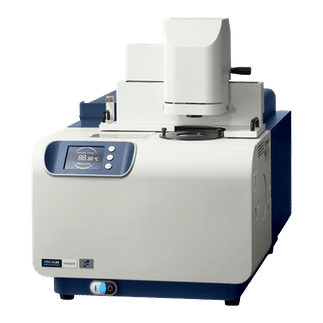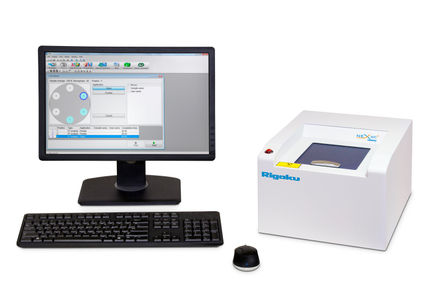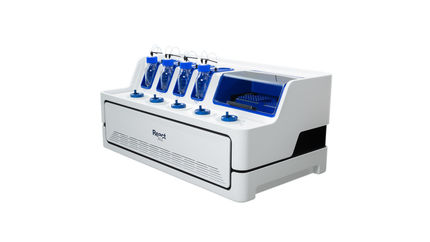To use all functions of this page, please activate cookies in your browser.
my.chemeurope.com
With an accout for my.chemeurope.com you can always see everything at a glance – and you can configure your own website and individual newsletter.
- My watch list
- My saved searches
- My saved topics
- My newsletter
Eugène-Melchior PéligotEugène-Melchior Péligot (born in Paris, 1811[1], died in Paris, 1890[1]), also known as Eugène Péligot, was a French chemist who isolated the first sample of uranium metal in 1841[1]. Product highlightPéligot proved that the black powder of Martin Heinrich Klaproth was not a pure metal (it was an oxide of uranium, known in chemistry as UO2). He then succeeded in producing pure uranium metal by reducing uranous chloride (UCl4) with potassium metal[2]. Today better methods have been found[3]. Peligot's salt is also named after him. Péligot was professor of analytical chemistry at the Institut national agronomique. He collaborated with Jean-Baptiste Dumas. Together, they discovered the methyl radical during experiments on wood spirit (methanol). The terminology "methlic alcohol" was created by both chemists from "wood wine". They also prepared the gazeous dimethyl ether, and many esters. In 1838, the succeed in transformation camphor into p-cymène using phosphorus pentoxide.
References
See also |
| This article is licensed under the GNU Free Documentation License. It uses material from the Wikipedia article "Eugène-Melchior_Péligot". A list of authors is available in Wikipedia. |







